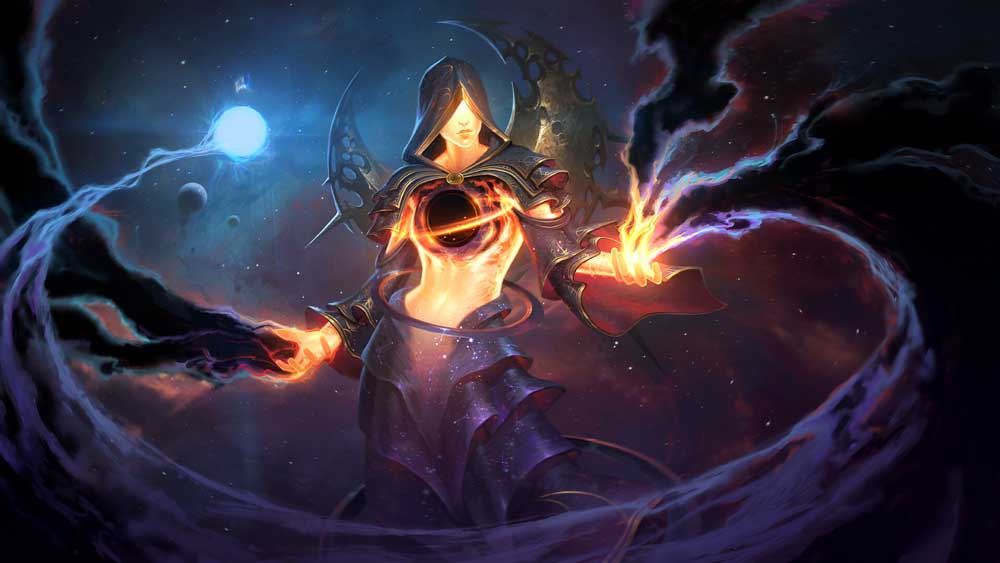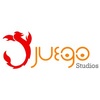Concept art and production design are two important aspects of video game development. But what is the difference between them? Concept art is creating illustrations depicting an idea or concept for a video game, movie, book, or other forms of media.
Production design, on the other hand, takes those concept illustrations and turns them into finished 3D assets that can be used in the game. In this blog post, we will explore the differences between them in more detail.
Let's get started.
An Overview of Concept Art
It is a form of illustration used to convey an idea or concept before it reaches the production stage. It’s very important in helping to communicate ideas, mood and vision within any creative project from film and television, animation and concept design, games, illustrated books and comics.
The concept artist will use all sorts of traditional or digital media to produce art, including figure drawing, painting, sketching and using design packages such as Photoshop or Painter. Concept artists may also opt for 3D modelling programs like Maya or Blender if their concept involves animation.
The main goal is to create artwork that communicates a concept quickly and clearly with great visual impact.
Importance of Concept Art
It plays a significant role in producing films, video games, animation and other entertainment projects. It is essentially an early concept or design that gives direction for the look and feel of a project. It serves as a blueprint for how the characters, settings, environments, props and all other elements should appear throughout the production process.
The concept artist works closely with directors and producers to create concept illustrations that will be used to develop the visuals for their upcoming project. They use various mediums such as paints, sketches, and digital illustration programs to create concept designs that accurately reflect what the director envisions for their production design.
Often concept artists are responsible for imagining and creating entire worlds from scratch based on creative briefs given by the director and producers.
An Overview of Production Design
The production design is an essential part of any production, whether it’s a movie, game, or animation. It refers to the process of creating concept designs used as the basis for developing a visual narrative in various media.
Production designers are tasked with utilizing their creativity and technical expertise to create art that can be used by other professionals in the production process, such as cinematographers, editors, and composers.
The production designer's job is to create concept art based on descriptions from writers or directors. It helps guide all aspects of the production from creating sets to choosing costumes and props.
In addition to concept artwork, production designers oversee set construction and work with special effects companies to ensure that the artwork is translated accurately into the final production.
Importance of Production Design
Production design is an integral part of game development, and these two are basis for all visual elements in a game. Production design involves creating concept art, storyboards, 3D models and other graphical assets that will be used throughout the development process.
Without proper design, games cannot come to life with vibrant visuals and engaging storytelling. The production designer must also ensure that all assets are created to adhere to a cohesive aesthetic or style that matches the concept behind the game – from characters and environments to interface designs.
An experienced production designer can help bring an idea to life in ways a novice artist could not. They understand how to create aesthetically pleasing artwork that reflects a project’s concept while keeping within technical constraints.
For developers, outsourcing production design to a professional game art studio can be a cost-effective way of ensuring the concept art and production design for their games are done right.
Concept Art Vs. Production Design
- Stage
Concept art is the visual development stage of pre-production in which ideas and characters are conceptually fleshed out through sketches, images, and other tools. It’s used to create an impression of a project's appearance before any real production begins. On the other hand, Production Design takes place during the pre-production, production and post-production stages of filmmaking.
It involves creating the overall aesthetic for production. It is responsible for creating sets (interior or exterior), color schemes, props, costumes etc., all designed to support the visual aspects of the story.
- Focus
Concept art focuses more on visualizing the elements of a world, such as an environment, character design, character movement, and history. The concept artist will use their creativity to bring the concept to life through drawings, paintings, 3D models or digital illustrations.
Production design is centered around the composition of concept visuals with an interpretation of the script in mind. It’s about creating visuals that accurately convey the story and atmosphere within a scene. This involves creating assets such as props in 3D software or concept sketches for background art.
- Responsibilities
The responsibilities of concept art can vary depending on what type of project they are working on and which game art outsourcing studio they are employed by. Generally, concept artists are responsible for creating rough sketches that illustrate the concept of a game, character or environment.
These sketches should be detailed enough for other team members to understand and use as reference when creating final concept art pieces. It is also crucial for concept artists to understand color theory, lighting, anatomy and texture to create compelling concept artwork.
On the other hand, production designers are responsible for ensuring that the concept artwork is taken from concept to production. This includes understanding and defining the color palette, setting up scenes and adding details. Production designers should also be able to work with other disciplines, such as animators, concept artists, 3D modelers, etc., to ensure that art is properly transferred into a fully functional game.
Additionally, production designers may be asked to provide feedback or suggest how to improve concept art pieces. They must have a keen eye for detail and an excellent understanding of composition to create visually appealing pieces.
The Bottom Line
These are two essential pieces in creating any visual media. It is responsible for developing preliminary concept ideas, while production design focuses on actualizing them throughout the production process. Both roles are important to ensure that a project is executed correctly and does not deviate from initial concept ideas.
If you’re looking for an experienced concept artist or production designer, consider getting in touch with a Game Art Outsourcing studio specializing in concept art and production design services.
About Juego Studios
Juego Studios is one of the best game art outsourcing companies specializing in concept art and game production design. It provides a wide range of services, including concept design, 3D modeling, animation and rigging, texturing and lighting. The team at Juego Studios comprises highly experienced artists, and experts in their respective fields who have contributed to some of the biggest video game titles across console and mobile platforms.
With a focus on creating stunning concept art, 3D/2D animation and production design, Juego has established itself as one of the leading game art outsourcing companies globally.


No comments yet